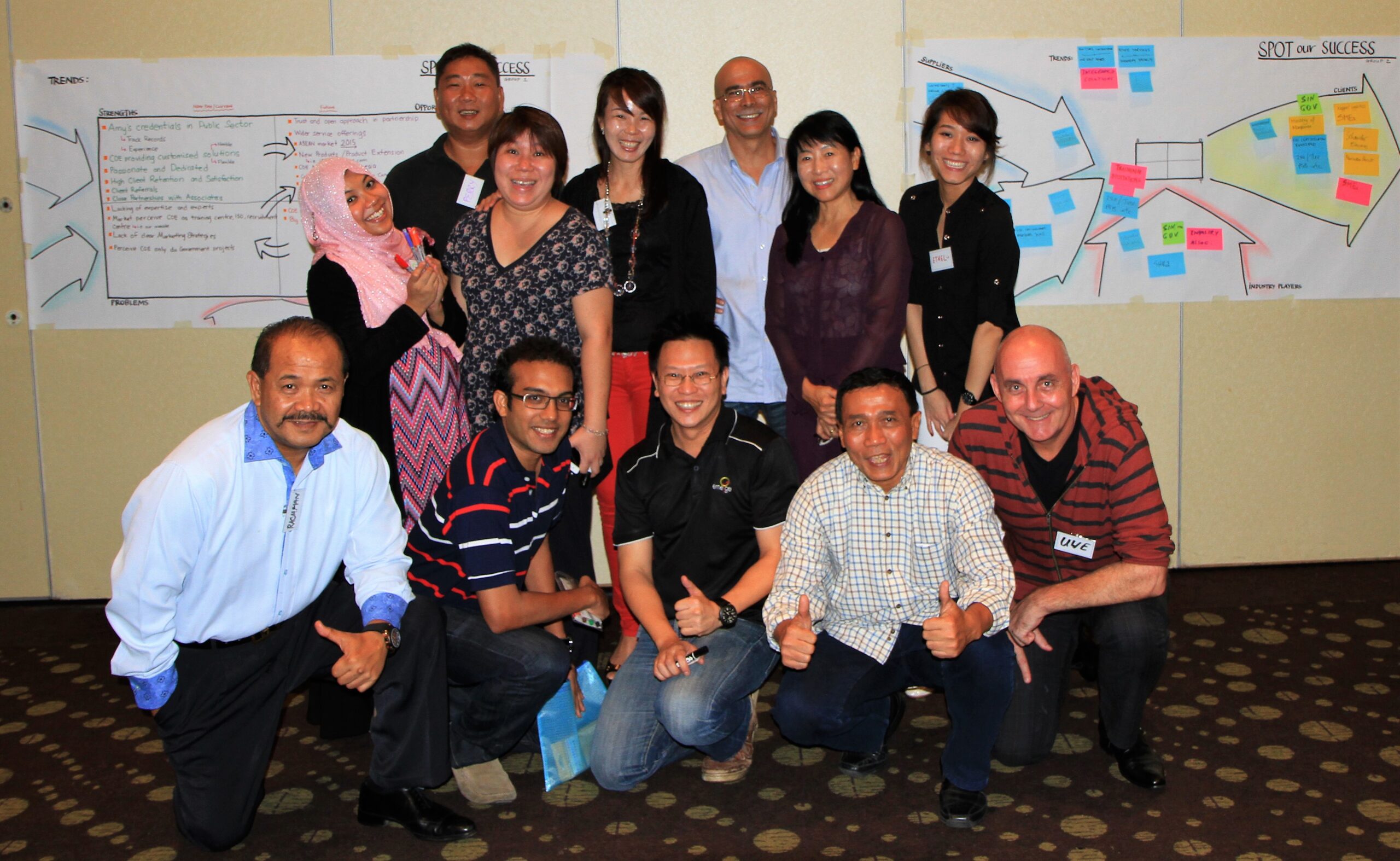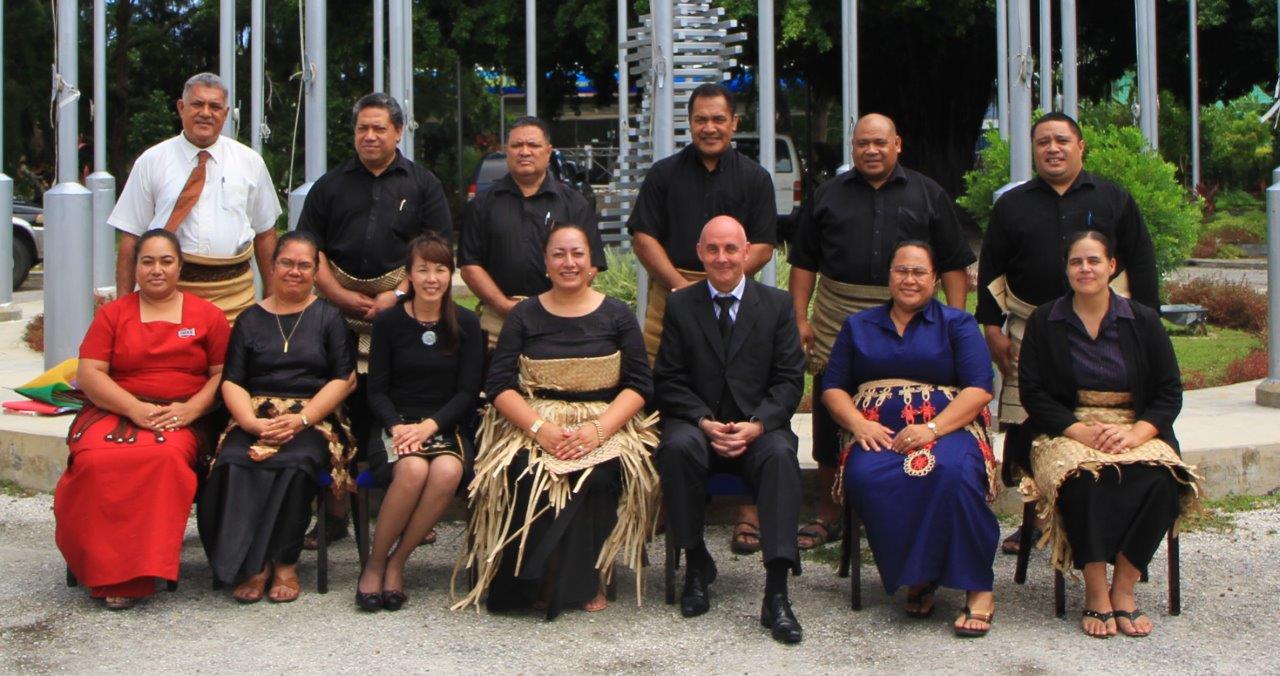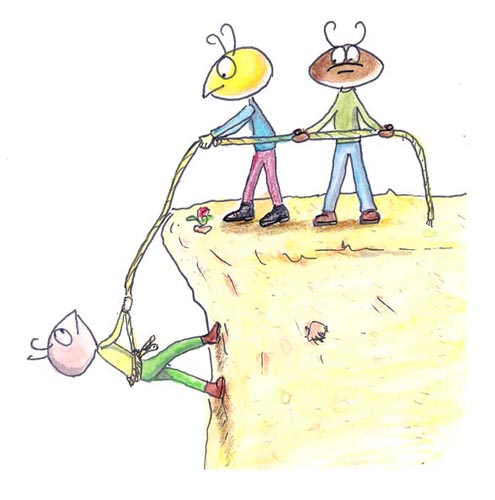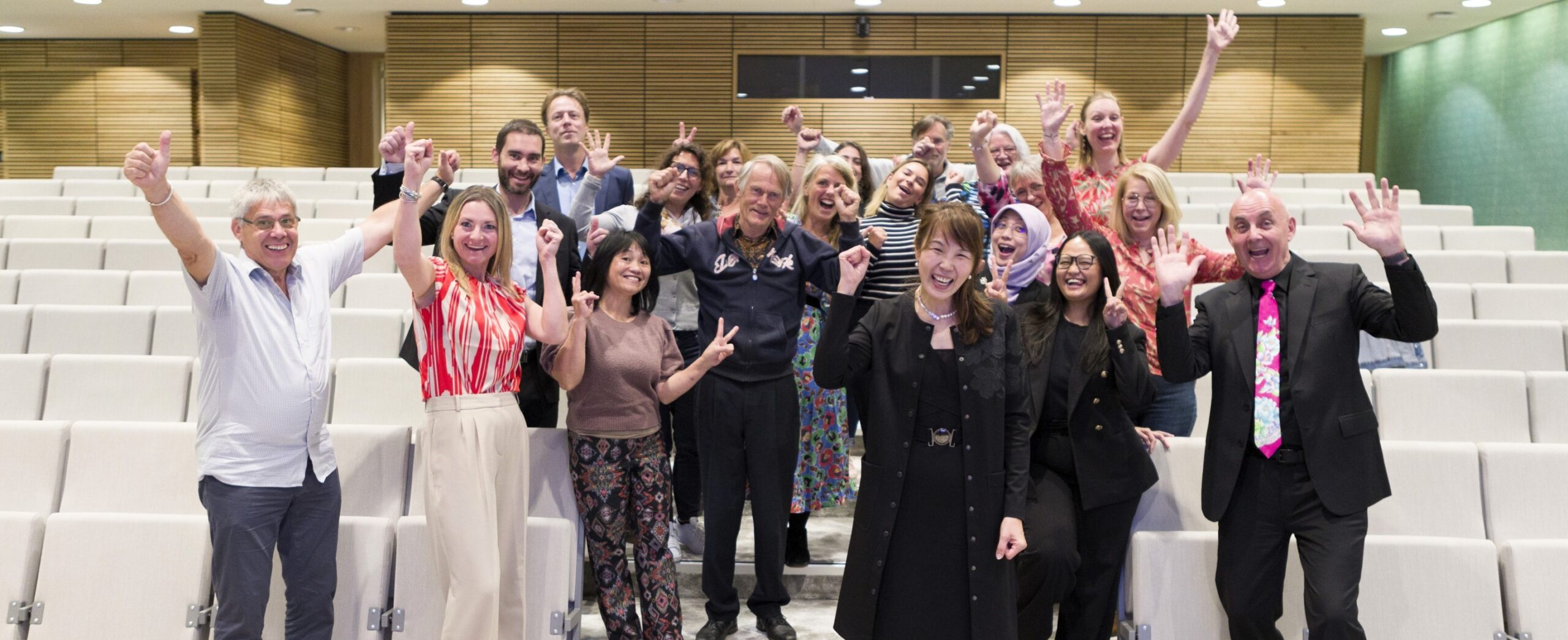
Being a Mentee
How to Benefit from a Mentoring Relationship
When Odysseus gave the task of protecting, guiding and educating his son Telemachus to his old friend Mentor, he did this knowing that Mentor would be the best person possible to care for his only son during his absence from Greece. Since then, Mentor is synonymous for someone who is willing and able to provide guidance and support to bring out the very best in his mentee – without any other personal agenda.
1. Be Serious
Siew, one of my mentees, was nominated for the High Potential Mentorship Programme. He was very quiet for 2 meetings, he did not show much interest but showed up for both meetings. On the 3rd session, I decided to share with him how I feel and I told him that we can cancel this relationship since it may be wasting both parties’ time.
Finally, he spoke up and told me that he is very sceptical about such programme as he did not have a good experience with his previous company. He shared with me what he would really wish to get out from this programme. I heard him and much later, he turned out to be one of the best mentees I ever had.
2. Be Prepared
- What’s important to you now? (e.g. leadership capability, personal effectiveness, career, professional development)
- What do you expect to gain from your mentor?
3. Be Mature to Manage Up
4. Be Receptive to Feedback
Feedback, although difficult to hear at times, is critical to your personal and professional growth. Demonstrate that you are open to suggestions to bring out your best and overcome any of your blind spots. Take initiative to ask your mentor for feedback. Get feedback on specific issues, for example, how you come across to others. Ask for specific details to ensure you understand the specific behaviours. Use SBI (Situation-Behaviour-Impact) method to ask for feedback.
5. Be Reflective and Make Every Moment Count
Conclusion
- All Posts
- Coaching









